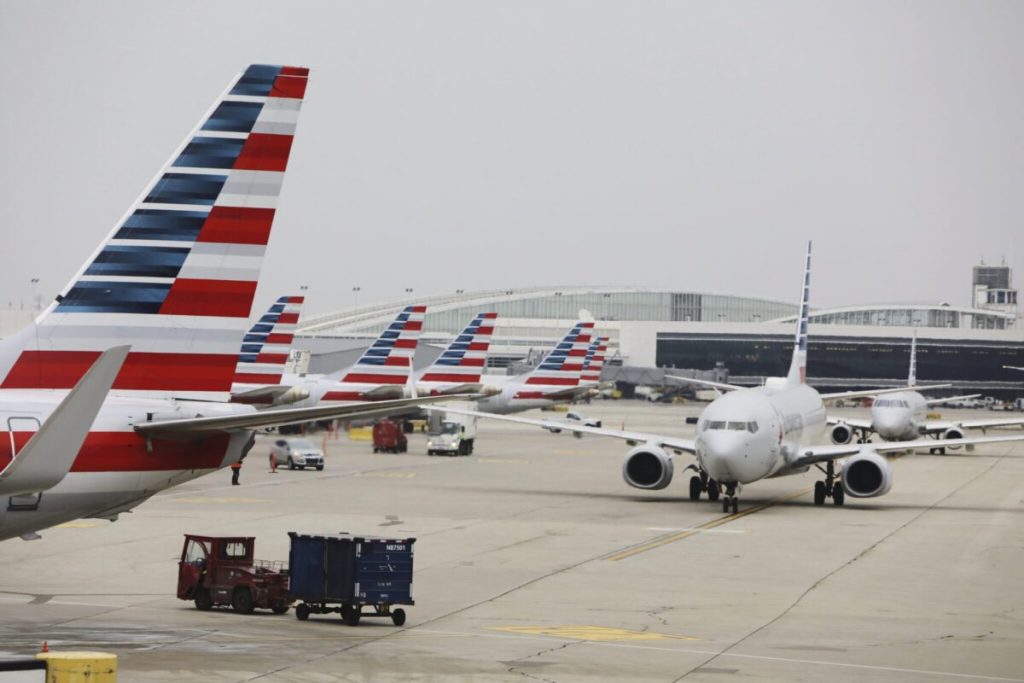Major U.S. airlines, including American, Delta, United, JetBlue, Alaska, and Hawaiian, have filed a lawsuit against the Department of Transportation’s rule requiring airlines to disclose all fees associated with buying a ticket. The rule, released on April 24, aims to address “junk fees” by mandating that airlines disclose prices for checked baggage, carry-ons, reservation changes, and cancellations. Airlines would also be prohibited from using “bait-and-switch” discount tactics that don’t account for all associated fees. The airlines argue that this rule would only confuse consumers and make the buying process more complicated.
The trade group Airlines for America (A4A) has criticized the DOT’s rule, stating that the government is overstepping its authority by trying to regulate private business operations. A4A believes that consumers are already aware of ancillary fees and that airlines currently disclose these fees before ticket purchases. The group argues that the DOT’s rule is unnecessary and is a solution in search of a problem. They also mentioned that airlines engage in competitive advertising and emphasize ancillary fee discounts and benefits when promoting their loyalty programs.
The lawsuit was filed with the Fifth Circuit Court of Appeals on Friday, marking a formal challenge to the DOT’s rule on junk fees. The airlines involved in the lawsuit, along with A4A, claim that the new rule would not benefit consumers and would instead add unnecessary complexity to the ticket buying process. However, the Department of Transportation believes that the rule is necessary to ensure transparency and fairness for consumers when purchasing airline tickets. This disagreement between the government and airlines highlights the ongoing tensions between regulators and the aviation industry.
The Skift Travel 200 (ST200) tracks the performance of airline sector stocks within the larger index of nearly 200 travel companies worth over a trillion dollars. The index includes network carriers, low-cost carriers, and other related companies that are publicly traded in global markets. By analyzing the financial performance of these companies, investors and industry experts can gain insights into the overall health and trends within the airline sector. This information is valuable for understanding how external factors, such as regulatory changes like the DOT’s rule on junk fees, impact the financial performance of airline companies.
As the lawsuit against the DOT’s rule continues to unfold, it raises questions about the balance between government regulations and business operations in the airline industry. While the airlines argue that the rule will create confusion for consumers, the government maintains that it is necessary to protect consumers’ rights and ensure transparency in the purchasing process. The outcome of this lawsuit will have implications for how airlines disclose fees and communicate pricing information to customers, as well as the broader relationship between the aviation industry and regulatory authorities. As the story develops, it will be interesting to see how both sides present their arguments and how the court ultimately decides on the validity of the DOT’s rule on junk fees.


